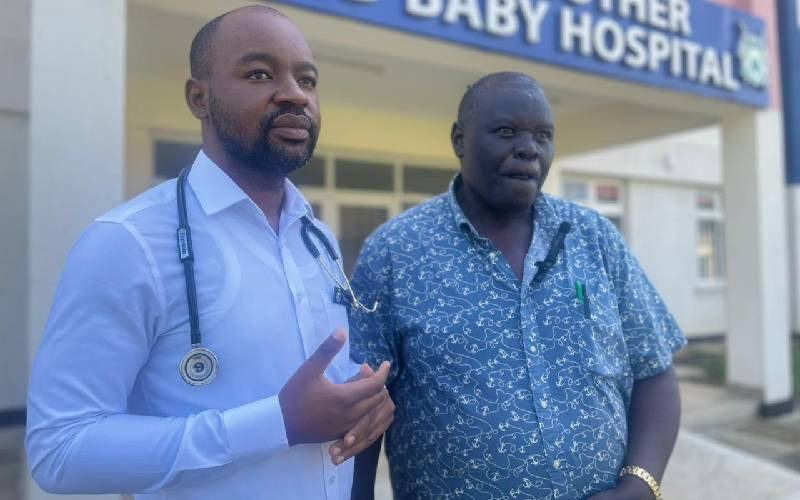Purdue Pharma settlement bringing millions to Cumberland County
Cumberland County and the City of Fayetteville are expected to receive millions of dollars from the national opioid settlement with Purdue Pharma and the company’s owners, the Sackler family.
N.C. Attorney General Jeff Jackson was among the 55 attorneys general who signed on to the $7.4 billion settlement, which was announced on Monday.
“Purdue Pharma and the Sackler family are responsible for creating the opioid epidemic that continues to take the lives of North Carolinians every single day,” Jackson said in a press release. “Our office helped lead these talks, which will bring billions to people across the state and country to help them address opioid misuse and begin and stay in recovery.”
The settlement plan would bring over $3.26 million to Cumberland County and about $383,000 to Fayetteville over the next 15 years. The funds are in addition to the $31.8 million and the $3.7 million the county and city will respectively receive through 2038 from national opioid settlements with companies like Walgreens, Kroger, and Johnson & Johnson.
A federal bankruptcy court will determine this week if the Purdue settlement goes through. Once approved by the court, North Carolina’s counties and eligible cities will be asked to join the settlement.
Greg Berry, Cumberland-Fayetteville Opioid Response Team (C-FORT) coordinator, told CityView the Purdue settlement funds could help expand harm reduction and substance use disorder treatment services in Cumberland County.
“We’re evaluating the need in the community, and making sure we’re putting a lot of thought into moving forward with additional strategies,” Berry said. “When adding on to stuff, we’ll make sure it’s fitting inside any gaps that may exist.”
One of those gaps is an inpatient substance use disorder treatment facility in Cumberland County. Currently, the county is using some of its opioid settlement funds to pay for Uber Health rides to inpatient facilities in Wilmington, Greenville and Raleigh.
C-FORT has discussed building an inpatient treatment facility in Cumberland County since 2022. An inpatient facility was initially part of Alliance Health’s expansion plan in Cumberland County, but it was nixed because of costs and new facilities opening in New Hanover and Wake counties.
Sanquis Graham, local health administrator with Cumberland County’s Department of Public Health, told CityView the Purdue settlement funds could help open a facility. However, the Cumberland County Board of Commissioners would ultimately need to approve the project.
“While we don’t have any plans in place, that is feedback that we hear frequently from the community, that they want inpatient treatment here,” Graham said. “Ideally, we would like for that to be an option but our commissioners haven’t solidified anything.”
Despite a new stream of settlement funding, Graham told C-FORT partners at the group’s Tuesday meeting that the public health department doesn’t currently have any plans to fund any new projects addressing the opioid epidemic outside of the five planned in its April request for proposals.
The department is currently evaluating 10 applications it received from the request, Graham said. Those proposals included a new partnership requirement between a health care, substance use, or mental health provider and a community-based organization in response to public feedback.
Graham told C-FORT members the department hopes to present its selections to county commissioners in August. The goal is to have the contracts ready to start by January 2026, she said.
“We try to look across the board at what people need and where we can be a bridge there,” Graham told CityView. “Across the board, with the work that we’re doing, we know we have to continually pivot. It has to be a constant pivot. Whenever we’re funding our RFPs [request for proposals], we’re looking at the needs of the community and how this is going to impact them.”
No matter how the Purdue settlement funds are eventually spent, knowing the settlement is mostly finalized is a relief for Berry. He was nervous the settlement would fall through after the Supreme Court rejected the initial bankruptcy deal almost a year ago.
Having non-federal dollars on hand also gives the county a safety net amid funding disruptions. In May, the Trump administration proposed ending a grant program that distributed the overdose-reversing drug naloxone to first responders and trained them in how to use it. The U.S. Department of Health and Human Services also abruptly revoked pandemic-era funding for substance use and mental health disorder treatment services, including from the nonprofit provider SouthLight and Cape Fear Valley Health.
“Having these shored up local opioid settlement dollars, I feel a sense of security that our local government, our commissioners, our community, has access to funds to address the opioid crisis,” Berry said.
Organizations like the North Carolina Harm Reduction Coalition and Carolina Treatment Center are using Cumberland County’s settlement funds to provide transportation, housing assistance and connections to treatment services. The money led to the creation of the C-FORT Recovery Resource Center, which opened in October 2024 and provides services like syringe exchange, recovery meetings and peer support.
The funds also support projects like Camp HEAL, a day camp held at Rockfish Camp and Retreat Center for Cumberland County elementary and middle school students at risk of substance use disorders. The camp completed its first session last week.
“To really be successful, we’ve really got to balance out and meet the need in different areas,” Berry said. “We need to make sure that we’re providing recovery support for those in recovery. We need to provide treatment for those in treatment and the prevention piece for those who need prevention. And, for those that need harm reduction, we need to be doing that piece.”
Between 2023 and 2024, Cumberland County saw a 24% decrease in its overdose death rate, according to data from the North Carolina Department of Health and Human Services. It’s the largest one-year decrease the county has seen since 2011, when NCDHHS began displaying the information publicly on its website.
CityView Reporter Morgan Casey is a corps member with Report for America, a national service program that places journalists into local newsrooms. Morgan’s reporting focuses on health care issues in and around Cumberland County and can be supported through the News Foundation of Greater Fayetteville.













